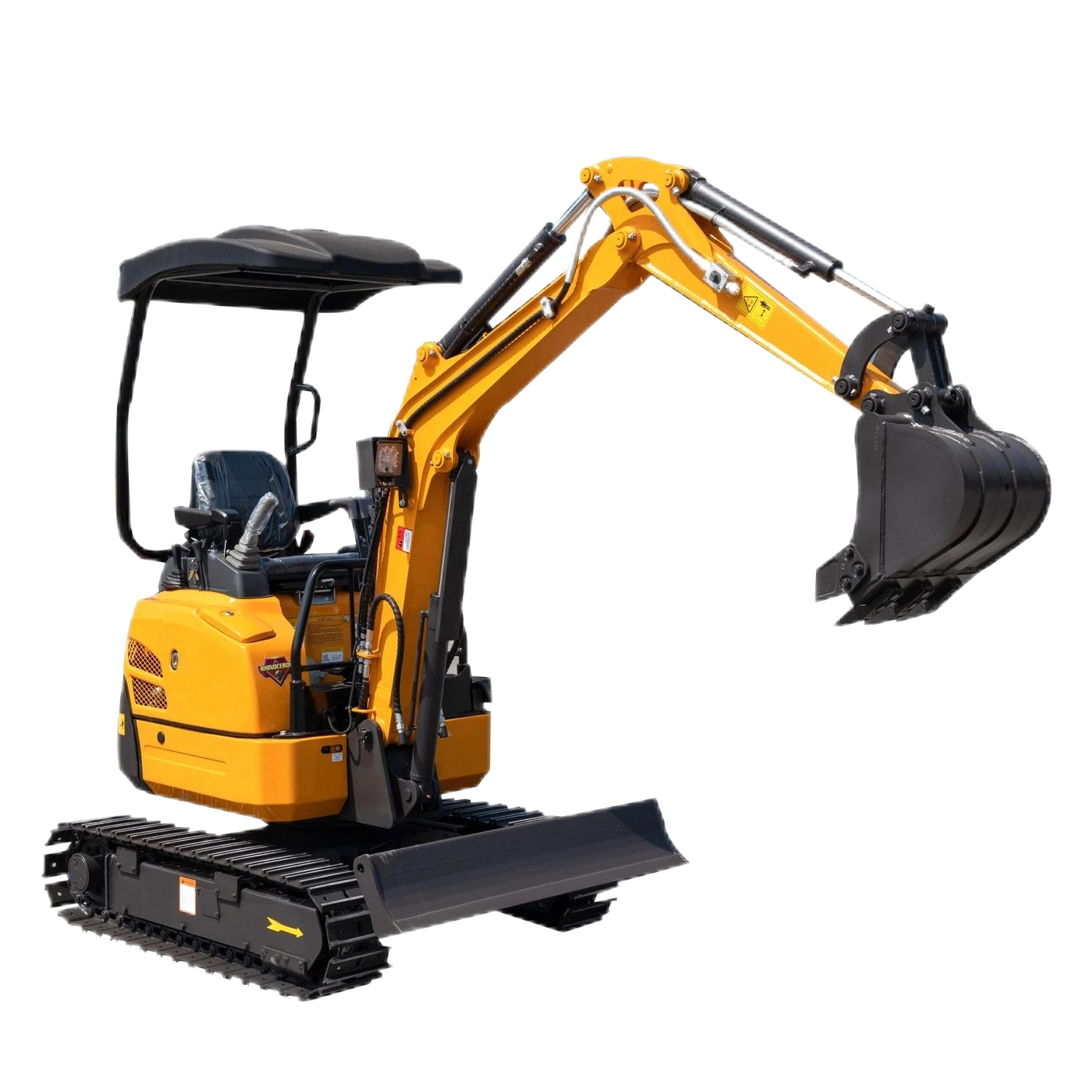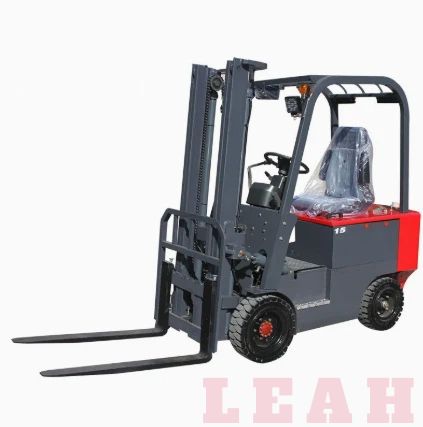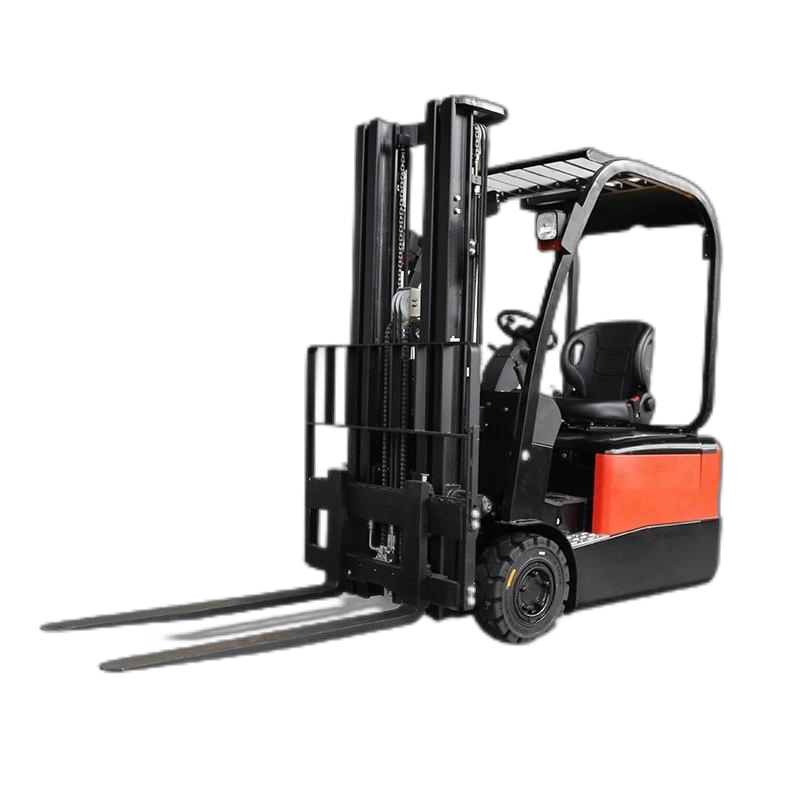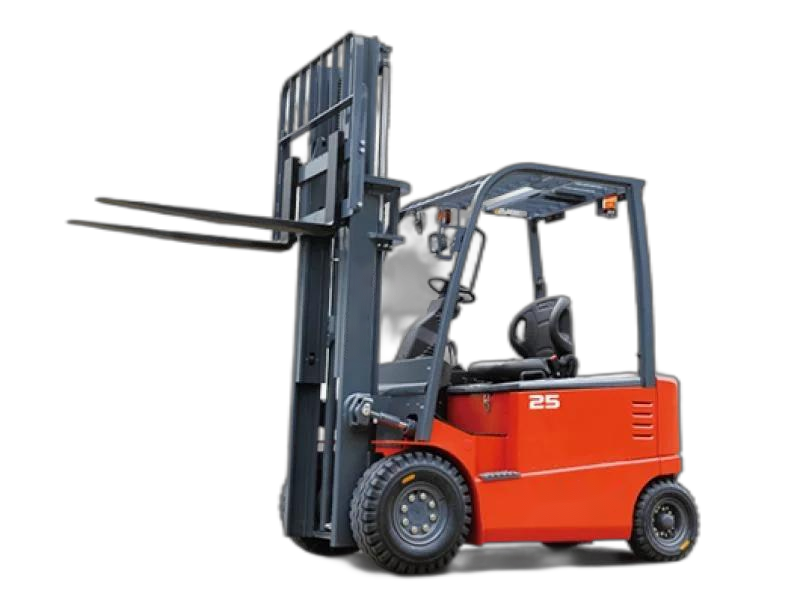Common Faults and Emergency Treatments
Engine Fails to Start

- Check if fuel is sufficient and whether the oil circuit is blocked.
- Check if the battery has sufficient power and whether the wiring is loose.
Check if components such as the starter motor and spark plugs are normal.
Hydraulic System Failures
- In case of issues like hydraulic oil leakage or insufficient system pressure, stop the machine immediately for inspection, locate the leakage point and repair it. Replace hydraulic oil or hydraulic components if necessary.
Operation Malfunction
- If operation devices such as control levers or foot pedals fail, cut off the engine power first, then check whether the connection parts of the control levers are loose and whether the hydraulic system has faults. Do not force the operation.
Maintenance Key Points
Daily Maintenance
- Check the levels of engine oil, hydraulic oil, coolant, etc., before and after daily operations. Clean the soil and debris on the excavator surface, and inspect the wear condition of crawlers and tires.
- Lubricate each lubrication point (such as pins and bearings) with grease regularly (e.g., every 50 hours) to ensure smooth operation of components.
Regular Maintenance
- Replace engine oil, oil filters, diesel filters, etc., every 200 hours.
- Replace hydraulic oil filters and check if the seals of the hydraulic system are aged every 500 hours.
- Carry out comprehensive inspection and maintenance on the engine, hydraulic system, electrical system, etc., every 1,000 hours, and replace worn components if necessary.
Operation Skills and Experience Sharing
Excavation Skills
- When excavating, try to keep the bucket at an appropriate angle (generally 30°–45°) to the ground to improve excavation efficiency and reduce resistance.
- For hard soil or rocks, loosen the soil first before excavating to avoid damaging the bucket and hydraulic system by forced excavation.
Coordination of Slewing and Walking
- When loading materials, slew the excavator in advance to reduce waiting time and improve operation efficiency. Avoid frequent turning, sudden stops, and sudden starts during walking to reduce fuel consumption and equipment wear.
Energy-saving Operation
- Adjust the throttle appropriately according to the operation load to avoid long-term operation at full throttle. lower the engine speed during no-load slewing or driving to save fuel.
Summary
Excavator operation requires not only mastering standardized procedures and skills but also having strong safety awareness and a sense of responsibility. Beginners are advised to practice under the guidance of professional coaches and start independent operation after accumulating sufficient experience. Meanwhile, carry out regular maintenance on the equipment to ensure the excavator is always in good working condition, so as to extend its service life and guarantee operation safety.








